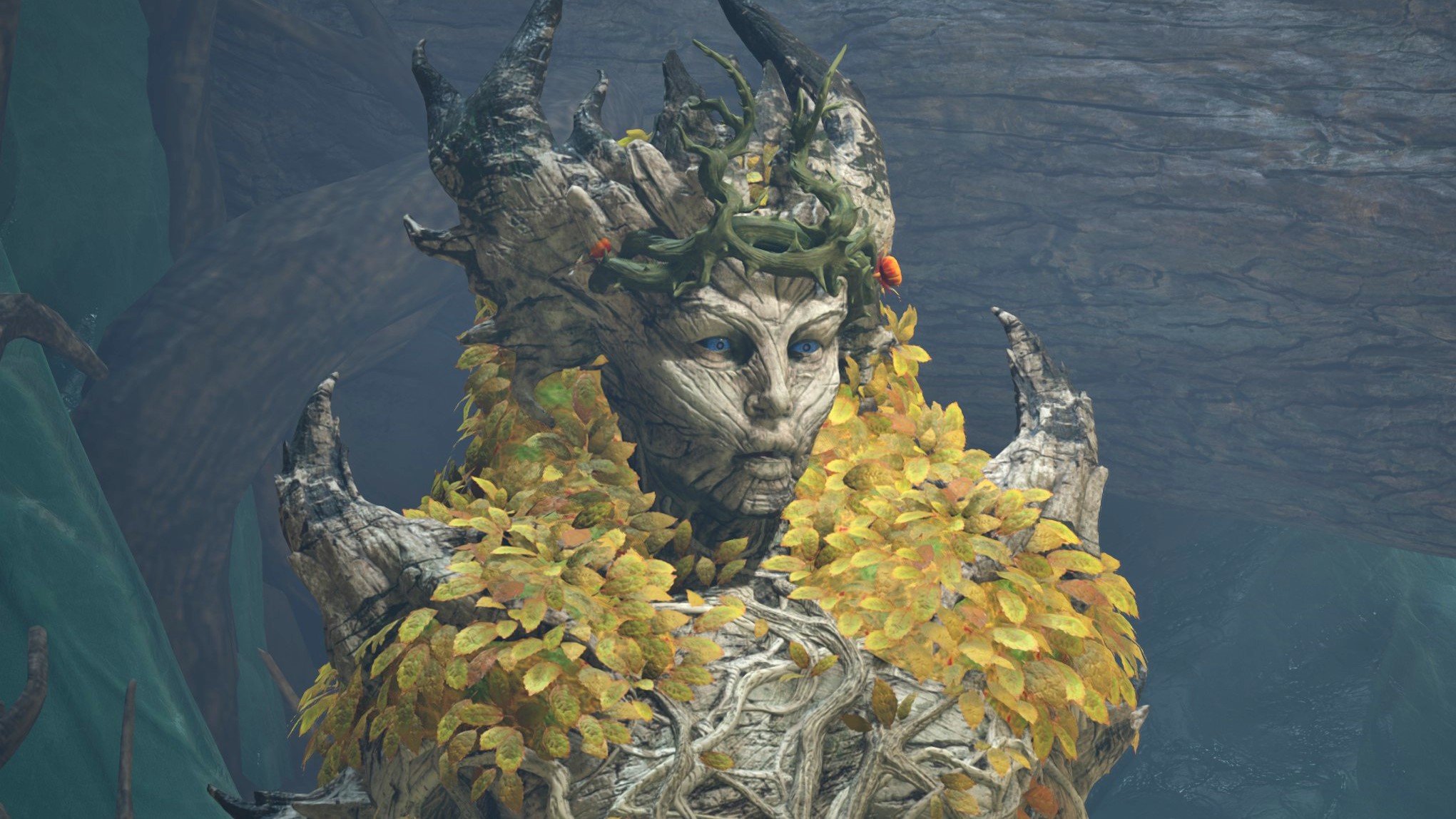
PC gaming’s blowout sales are a highlight of the platform, but they do complicate the decision to buy a new game. Before dropping $60 or more, you’ve got to consider that unless the new game you’re buying turns out to be a smash hit, it’ll probably be 20-30% cheaper whenever the next seasonal Steam sale comes around.
Avowed‘s $70 price tag felt steep when it came out in February, for example, but now it’s a much more palatable $46.89 at 33% off for the Steam Summer Sale, and there’s a good chance it’ll go even lower before the year ends. In 2016, we found that it only took around seven months for many games to be discounted by 50% on Steam.
Other recent games discounted in the Steam Summer Sale are Assassin’s Creed Shadows, which is $17.50 cheaper than it was when it released in March, and Oblivion Remastered, which costs $10 less than it did when it came out in April, just two months ago.
Was it really worth the extra money to play those games a few months ago instead of now?
Those who would say ‘no’ might find a place in a pro-patience movement that started a little over a decade ago and has been growing ever since. Tired of expensive and underwhelming game launches and the rabid fan discourse that surrounds them, the population of the Patient Gamers subreddit carved out a pocket dimension where the past year of game releases hasn’t happened yet.
The group’s one big rule is that you can only post about games that are at least a year old, allowing late-comers to enjoy the experience of discussing new games without actually having to play and discuss them when they’re new. We first reported on the subreddit in 2017, and it’s still going strong, with over 750,000 subscribers and recent posts about games such as Cyberpunk 2077, Guardians of the Galaxy, and Control.

The state of FOMO
Meanwhile, the games industry has become even more aggressive in its attempts to induce FOMO, such as by offering advanced access to games when you pre-purchase special editions.
It’s not without good reason. I’ve heard from developers over the years that launches are make-or-break moments, as it’s a rare game that claws its way to profitability after a flop. Publishers also rely on pre-purchases and Steam wishlist numbers to make critical predictions.
There are other ways to encourage day-one purchases, though. I suggested back in 2017 that instead of tacky golden pre-order bonus skins, publishers might just consider lowering their launch prices. Rather than launching Titanfall 2 at $60 and then quickly discounting it to $33 when it didn’t sell, what would have happened if EA had just launched it at $40?

No one can say for sure, but I did feel a little vindication when Helldivers 2 was a smash hit at $40 several years later. It’s also notable that Clair Obscur: Expedition 33 and Dune: Awakening launched at $50, going in the opposite direction of other big games by not only launching below the new $70 standard, but below the previous $60 standard, jumping all the way back to an older stock price for PC games.
‘New’ is being replaced by ‘new to me,’ and perhaps patient gamers are poised to inherit the hobby as result.
Avowed’s $70 base price looks absurd in comparison, especially when it’s available with a Game Pass subscription. Perhaps that’s on purpose, given the pressure on Microsoft to drive Game Pass subs.
Whatever the case, Game Pass is just one of a few reasons that I can’t imagine it’s going to get easier for publishers to sell their games for $70 or even $60 on launch day.
There are more games than ever to compete with, including a steady stream of remastered or remade classics—Oblivion Remastered also launched at $50, another tough competitor for Avowed—and every few months you also get a surprise indie hit like Peak, which costs just $8 and has been near the top of Steam’s top-sellers list for three weeks. That’s an attractive price at a time when people don’t have a lot of money to spend.
In broader internet culture, chronological social media feeds that emphasize the immediacy of the internet are losing out to recommendation algorithms that emphasize personalization and discovery. ‘New’ is being replaced by ‘new to me,’ and perhaps patient gamers are poised to inherit the hobby as result.
What I appreciate most about Steam sales are not the discounts on new games, but the opportunity for PC gaming newcomers to build a library of recent classics for peanuts. You can, for example, get Civilization 6 for just $3 in the Steam Summer Sale right now, and despite Firaxis’ well-intentioned attempt to shake things up with Civ 7, it’s still the currently most popular Civ game. Another victory of the old over the new.
